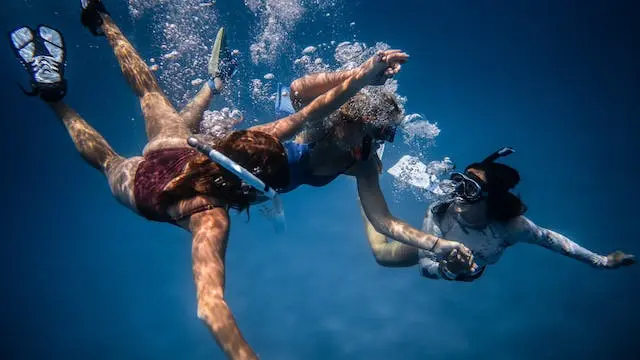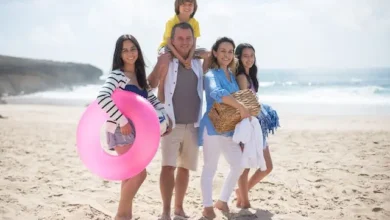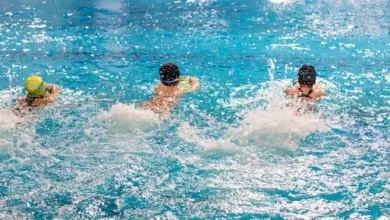Making Waves: The Importance of Instructor Qualifications in Your Child’s Swimming Class Choice
Selecting the right swimming class for your child involves more than just considering the pool’s size or a convenient schedule. A critical factor that often goes overlooked is the qualification of the swimming instructor. In this comprehensive guide, we’ll delve into the crucial aspects of instructor qualifications, helping you make an informed decision that guarantees your child a safe and effective learning environment.
In this article,
Why do instructor qualifications matter in a swimming class?
Instructor qualifications play a pivotal role in the overall swimming experience for your child. Here’s why:
- Safety Assurance: Qualified instructors adhere to stringent safety protocols, significantly reducing the risk of accidents and ensuring a secure learning environment.
- Effective Learning Techniques: Trained instructors employ teaching methodologies that cater to various learning styles, ensuring efficient skill development in your child.
- Adaptability: Qualified instructors possess the ability to adapt their teaching approach to different age groups, skill levels, and learning abilities.
What qualifications should I look for in a swimming instructor?
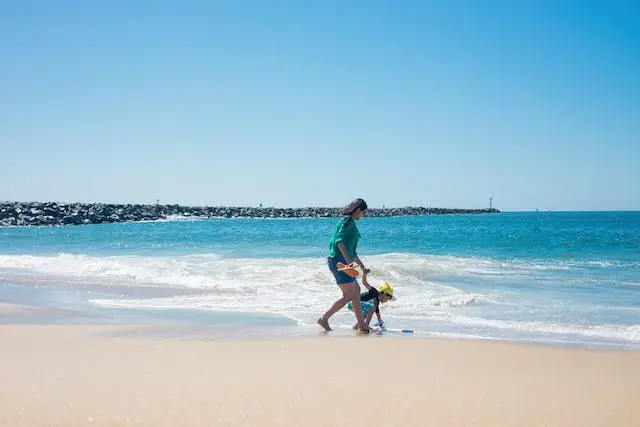
Selecting an instructor with the right qualifications is crucial for your child’s swimming journey. Consider the following key qualifications:
- Certifications: Look for instructors certified by reputable organizations such as the American Red Cross, Swim Australia, or the Swimming Teachers’ Association. These certifications signify that the instructor has undergone standardized training.
- Specialized Training: Instructors should have completed specialized training in teaching swimming, with a focus on child development, effective teaching strategies, and water safety.
How do instructor qualifications ensure quality teaching?
Certifications serve as a testament to an instructor’s commitment to professionalism and ongoing education. They indicate that instructors have undergone standardized training, equipping them with the necessary knowledge and skills for effective and safe teaching.
Can I trust instructors with lifeguard certification?

While not mandatory for all swim instructors, those with lifeguard certification bring an additional layer of safety to the swimming class. Lifeguard certification ensures that the instructor is trained to respond to emergencies effectively.
Why is experience important for swimming instructors?
Experience is a valuable asset for swimming instructors. An experienced instructor brings practical insights, honed teaching skills, and the ability to handle various situations effectively. They are often better equipped to manage diverse groups of learners, adapting their teaching style to meet the needs of each individual.
What specialized training should instructors have for teaching children?
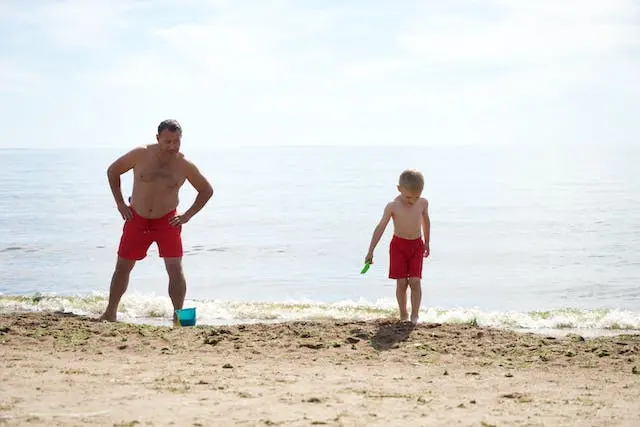
Instructors should undergo specialized training that encompasses:
- Child Psychology: Understanding the developmental stages and psychology of children.
- Effective Teaching Strategies: learning techniques specifically tailored for engaging and teaching children.
- Child CPR and Water Safety: Acquiring skills related to child CPR and water safety to handle emergencies effectively.
How can I verify an instructor qualifications?
Ensuring an instructor’s qualifications is crucial for making an informed decision. Here’s how:
- Ask Directly: Don’t hesitate to ask the facility or instructor about their qualifications.
- Check Certificates: Look for displayed certifications, and if in doubt, inquire about the specific training programs they completed.
Are there different qualifications for teaching different age groups?
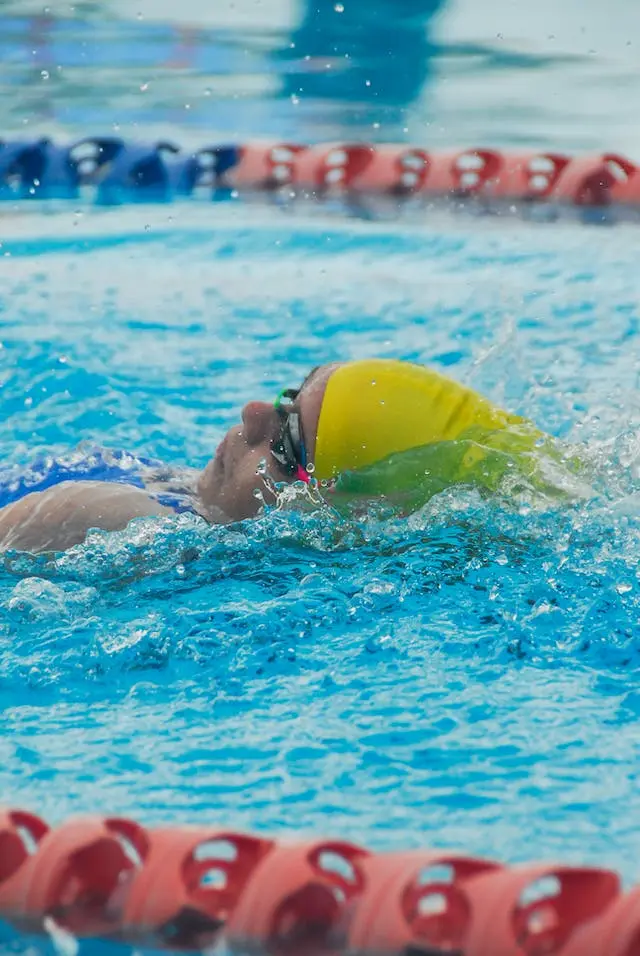
Yes, instructors may hold additional certifications or undergo specialized training for specific age groups. Teaching infants toddlers, school-age children, and adults requires different approaches, and specialized training ensures instructors are well-prepared to cater to the unique needs of each group.
What Questions Should I Ask Instructors About Their Qualifications?
When evaluating an instructor’s qualifications, consider asking:
- Certifications: Inquire about the specific certifications they hold.
- Experience: Ask about the duration and nature of their experience in teaching swimming.
- Training: Inquire about any specialized training they have undergone for teaching children.
How do qualified instructors enhance the learning experience for children?
The presence of qualified instructors significantly contributes to a positive and effective learning experience for children. Here’s how:
- Engagement: Qualified instructors make learning fun and engaging, creating an environment where children enjoy their time in the water.
- Skill progression: They follow the structured lesson plans that facilitate gradual skill development, ensuring children progress at a pace suitable for their abilities.
- Confidence building: Qualified instructors create a supportive and encouraging environment, fostering confidence in children as they navigate the waters.
Conclusion
Choosing a swimming class with qualified instructors is an investment in your child’s safety and proficiency in swimming. By comprehending the importance of instructor qualifications, you empower yourself to make a well informed decision, ensuring a positive and effective swimming experience for your little one.

How do I find out about an instructor qualifications before enrolling my child in a swimming class?
To inquire about an instructor’s qualifications, you can directly ask the swimming facility or instructor. Look for displayed certifications, and don’t hesitate to seek details about the specific training programs they have completed. Reputable instructors are typically transparent about their qualifications and are willing to provide information to ensure parents feel confident in their choice.
Are there any specific questions I should ask an instructor regarding their qualifications?
When assessing an instructor’s qualifications, consider asking:
What certifications do you hold?
Can you share details about your experience in teaching swimming?
Have you undergone any specialized training for teaching children? Asking these questions will provide insights into the instructor’s background, training, and suitability for teaching children in a swimming class.
